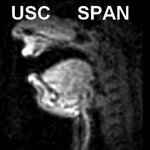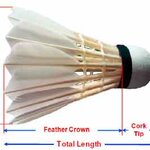
The scholarly journal Parallax (vol. 16, no.3, 2010) is a special edition on the subject of ‘YES!’.
Gary Peters,
who is Professor of Critical and Cultural Theory at York St. John
University, UK, is guest-editor for the issue, and is also author of one
of the key papers 'Yes, No, Don't know'
The full-text article costs US$43.00 for non-subscribers to download,
but a work-in-progress overview along the theme of ”Yes’, ‘No’, ‘Don’t Know” can be read here
free of charge.
It describes how one fruitful approach in an analysis
of the affirmative grammatical particle ‘Yes’ might be to examine…


